In the context of modern industries and technology-driven infrastructure, wire cables have emerged as the unsung heroes that have revolutionized the way we perceive connectivity and power transmission. From telecommunications to transportation, electrical power systems to manufacturing industries, wire cables play a pivotal role in ensuring seamless operations and enabling the smooth transfer of data, signals, and energy. In this article, we will delve into the world of wire cables, their varied applications, and the factors that make them essential for the success of businesses across multiple sectors. 1. Versatility and Applications: Wire cables exhibit remarkable versatility due to their ability to transmit electrical signals, power, or even mechanical forces reliably. These cables find applications in a wide range of industries, making them indispensable components across sectors. Some key industries that rely heavily on wire cables include: a) Telecommunications: In the fast-paced digital age, wire cables enable the transfer of voice, data, and video signals over long distances. They play a vital role in ensuring high-speed internet connections, telephone networks, and fiber optic communication systems. b) Manufacturing and Industrial Automation: Wire cables provide a reliable means of transmitting power and control signals in automated manufacturing processes. They are crucial for automating machinery, robotics, and conveying system operations.
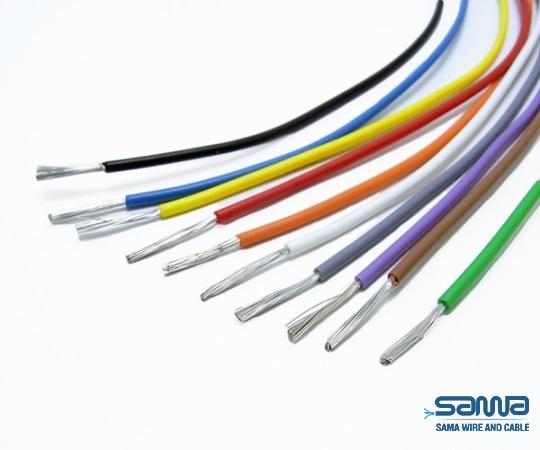
.
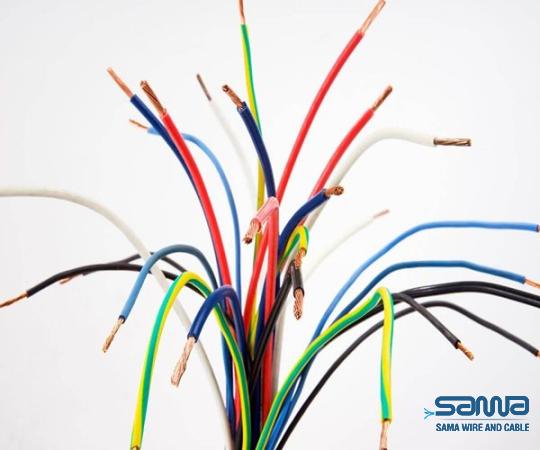 c) Energy Transmission and Distribution: Wire cables serve as the backbone of electrical power systems, transferring electricity from generation sources to distribution networks and end-users. This sector heavily relies on high-voltage power cables for efficient energy transmission. d) Construction and Infrastructure: Wire cables are fundamental in construction applications such as elevators, cranes, escalators, and fire safety systems. They also facilitate energy supply in buildings, lighting systems, and control installations. 2. Types of Wire Cables: Wire cables come in various types, each designed to meet specific requirements and industry standards. Some commonly used wire cables include: a) Coaxial Cables: These cables are primarily used in telecommunications and broadcasting industries to transmit high-frequency signals with low interference. b) Ethernet Cables: Ethernet cables, commonly known as LAN cables, enable local area network connections, facilitating data transmission in computer networks.
c) Energy Transmission and Distribution: Wire cables serve as the backbone of electrical power systems, transferring electricity from generation sources to distribution networks and end-users. This sector heavily relies on high-voltage power cables for efficient energy transmission. d) Construction and Infrastructure: Wire cables are fundamental in construction applications such as elevators, cranes, escalators, and fire safety systems. They also facilitate energy supply in buildings, lighting systems, and control installations. 2. Types of Wire Cables: Wire cables come in various types, each designed to meet specific requirements and industry standards. Some commonly used wire cables include: a) Coaxial Cables: These cables are primarily used in telecommunications and broadcasting industries to transmit high-frequency signals with low interference. b) Ethernet Cables: Ethernet cables, commonly known as LAN cables, enable local area network connections, facilitating data transmission in computer networks.
..
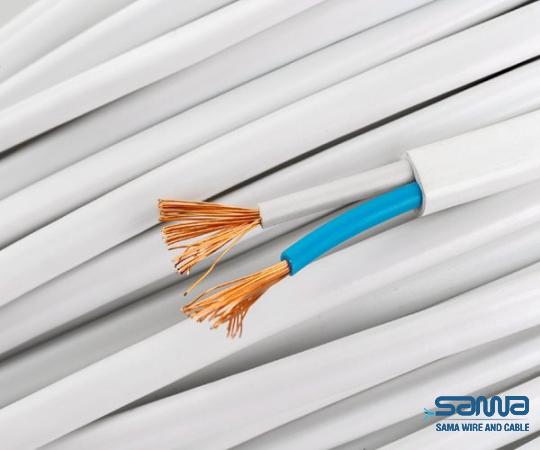 c) Power Cables: Power cables are used to transmit electrical energy at various voltage levels, allowing for efficient energy distribution and transmission. They come in different configurations, such as underground, overhead, and submarine power cables. d) Control Cables: Control cables are utilized in industrial automation and instrumentation systems to transmit control signals, ensuring smooth operation and control of machinery. 3. Factors to Consider: When procuring wire cables for your business, it’s important to consider a few key factors: a) Quality and Durability: High-quality wire cables ensure long-term reliability and reduce the risk of downtime due to cable failure. Ensure they meet industry standards and are manufactured by reputable companies. b) Customization and Flexibility: Different industries have specific cable requirements. Ensure the supplier can provide customized cables that meet your specific needs, such as cable length, type, and signal requirements.
c) Power Cables: Power cables are used to transmit electrical energy at various voltage levels, allowing for efficient energy distribution and transmission. They come in different configurations, such as underground, overhead, and submarine power cables. d) Control Cables: Control cables are utilized in industrial automation and instrumentation systems to transmit control signals, ensuring smooth operation and control of machinery. 3. Factors to Consider: When procuring wire cables for your business, it’s important to consider a few key factors: a) Quality and Durability: High-quality wire cables ensure long-term reliability and reduce the risk of downtime due to cable failure. Ensure they meet industry standards and are manufactured by reputable companies. b) Customization and Flexibility: Different industries have specific cable requirements. Ensure the supplier can provide customized cables that meet your specific needs, such as cable length, type, and signal requirements.
…
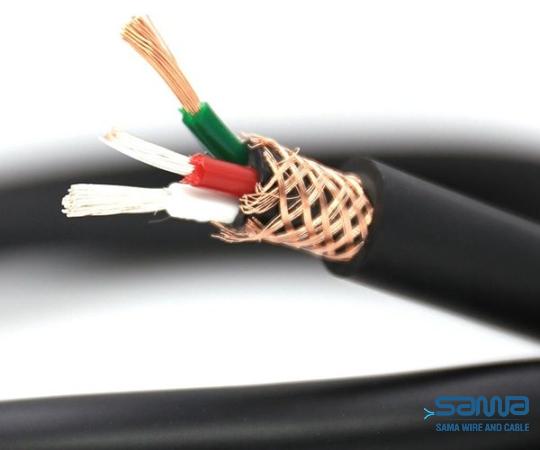 c) Cost-effectiveness: While it’s important to consider cost, it should not be the sole deciding factor. Opting for low-quality or substandard cables may result in frequent replacements and potential operational failures, leading to increased costs in the long run. Conclusion: Wire cables are the silent protagonists in the modern industrial landscape, providing seamless connectivity, efficient power transmission, and automation capabilities across a wide range of industries. Considering the critical role they play, businesses must carefully assess their cable needs, ensuring they choose high-quality, durable, and industry-compliant wire cables. By doing so, businesses can unlock the full potential of these versatile components and contribute to the success and reliability of their operations.
c) Cost-effectiveness: While it’s important to consider cost, it should not be the sole deciding factor. Opting for low-quality or substandard cables may result in frequent replacements and potential operational failures, leading to increased costs in the long run. Conclusion: Wire cables are the silent protagonists in the modern industrial landscape, providing seamless connectivity, efficient power transmission, and automation capabilities across a wide range of industries. Considering the critical role they play, businesses must carefully assess their cable needs, ensuring they choose high-quality, durable, and industry-compliant wire cables. By doing so, businesses can unlock the full potential of these versatile components and contribute to the success and reliability of their operations.

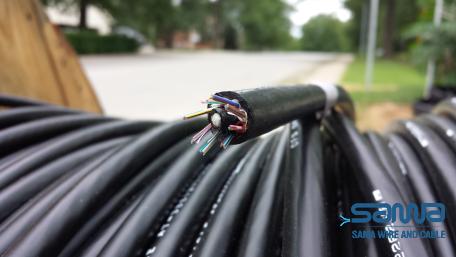
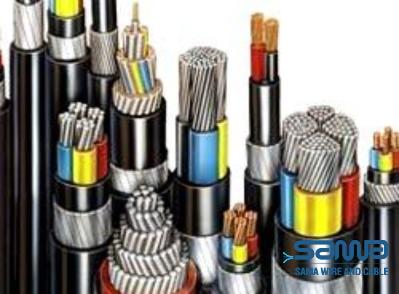
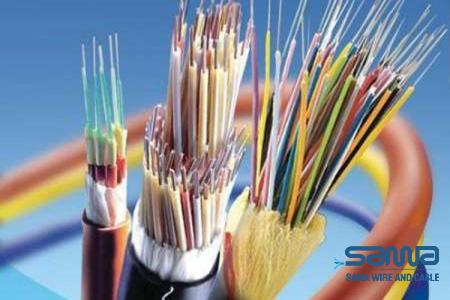
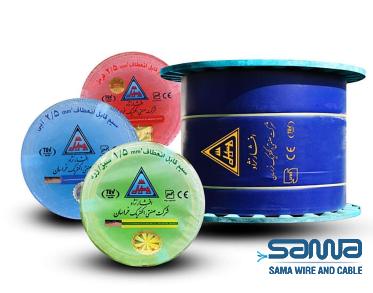
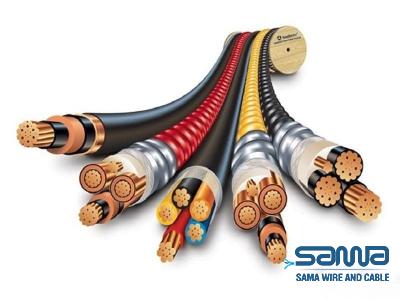
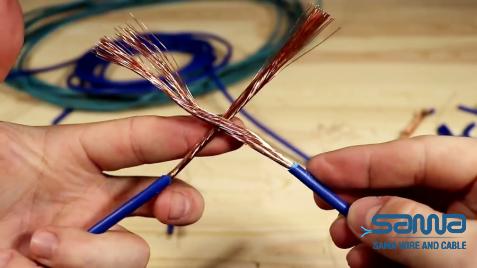
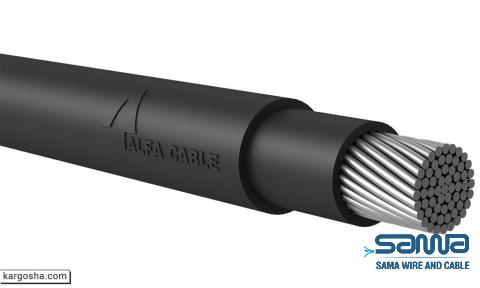
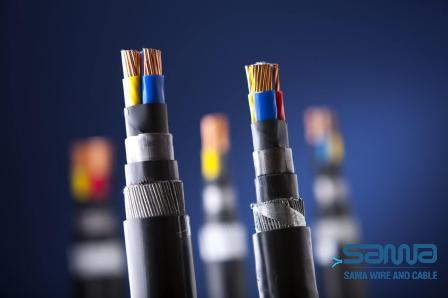
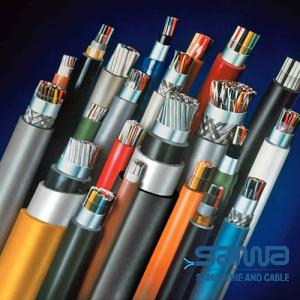
Your comment submitted.